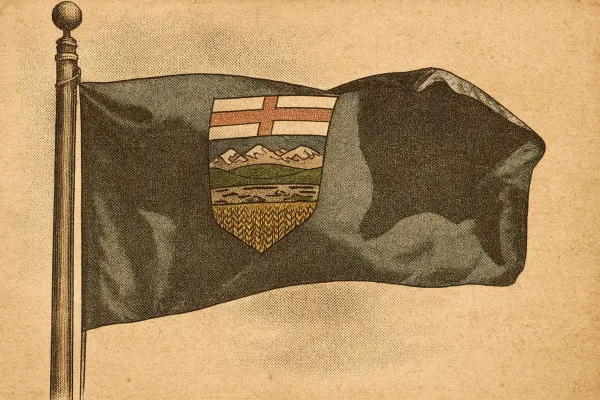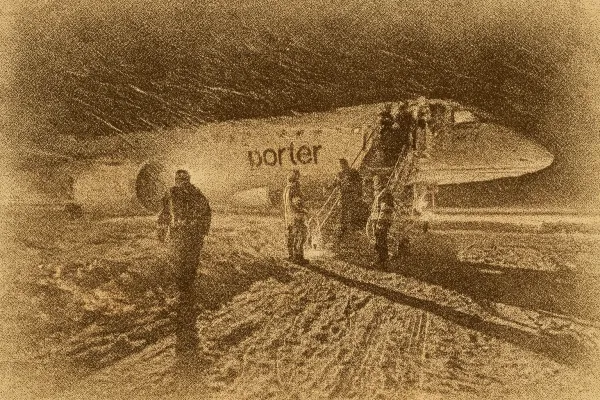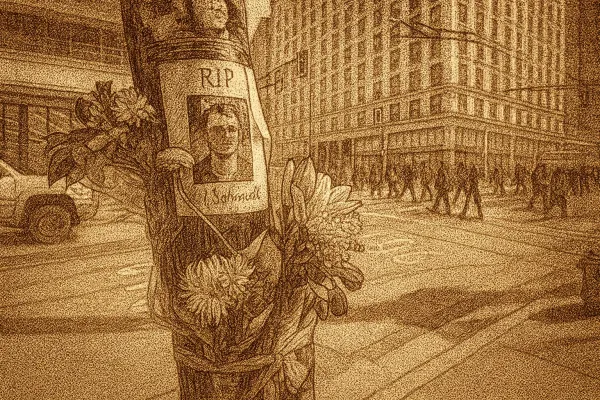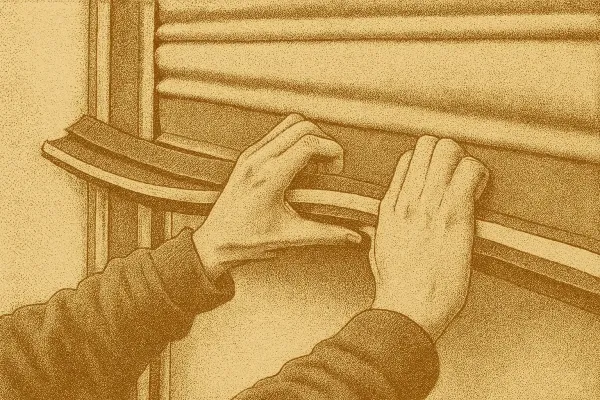Based on coverage from CBC, BBC, National Post, Politico, and Global News.
In the sprawling fields of Alberta, where the prairies stretch as far as the eye can see, a political drama unfolded that could have been lifted straight from a Canadian political thriller. Pierre Poilievre, the Conservative leader who recently found himself without a seat in the House of Commons, has made a triumphant return, securing a decisive victory in the Battle River-Crowfoot byelection.
This wasn't just any byelection. It was a high-stakes affair, with Poilievre facing off against a record-breaking 214 candidates. The sheer number of contenders was largely due to the Longest Ballot Committee, a group advocating for electoral reform. Their strategy? Flood the ballot with candidates to highlight the perceived flaws in Canada's first-past-the-post system. While their intentions were noble, the outcome was clear: Poilievre clinched a staggering 80.4% of the vote.
For Poilievre, this victory was more than just a return to Parliament. It was a personal and political redemption. After losing his long-held Ottawa seat of Carleton to Liberal Bruce Fanjoy in April, the Conservative leader was left without a platform in the House of Commons. His defeat was a bitter pill for the Conservatives, who had watched a 25-point lead evaporate under the Liberals' campaign, led by Prime Minister Mark Carney.
The Battle River-Crowfoot riding, a bastion of Conservative support, provided Poilievre with the perfect stage for his comeback. The riding's previous MP, Damien Kurek, graciously stepped aside to allow Poilievre to run, a move that underscored the party's commitment to its leader. Kurek's sacrifice was not in vain, as Poilievre's win was a foregone conclusion in this conservative heartland.
Yet, the byelection wasn't without its critics. Independent candidate Bonnie Critchley voiced her frustration at the process, describing it as an "ego project" and a waste of taxpayer money. Despite her grievances, Critchley managed to capture nearly 10% of the vote, a testament to her effective campaign message against political parachuting.
David Stewart, a political science professor emeritus, noted that Critchley's performance was significant, highlighting the discontent among some voters about the byelection's necessity. Her campaign resonated with those who felt the byelection was an unnecessary exercise, especially so soon after a general election.
With his victory, Poilievre is set to return to the House of Commons, ready to resume his role as the leader of the official opposition. His return comes at a crucial time, as he faces a mandatory leadership review in January. While his win in Battle River-Crowfoot may bolster his standing within the party, the leadership review will be a critical test of his long-term viability as the Conservative leader.
Looking ahead, Poilievre's focus will shift to challenging Prime Minister Carney in Parliament. The Conservative leader has already signaled his priorities, emphasizing Canada's self-reliance and economic growth. As Parliament resumes, all eyes will be on Poilievre as he navigates the political landscape, balancing his party's ambitions with the realities of a Liberal minority government.
In the end, the Battle River-Crowfoot byelection was more than just a political contest; it was a microcosm of the challenges and opportunities facing Canada's political landscape. For Poilievre, it was a chance to reconnect with the grassroots, to listen and learn from the people he aims to represent. As he steps back into the national spotlight, the road ahead may be fraught with challenges, but for now, Poilievre has proven that he is not one to back down easily.








